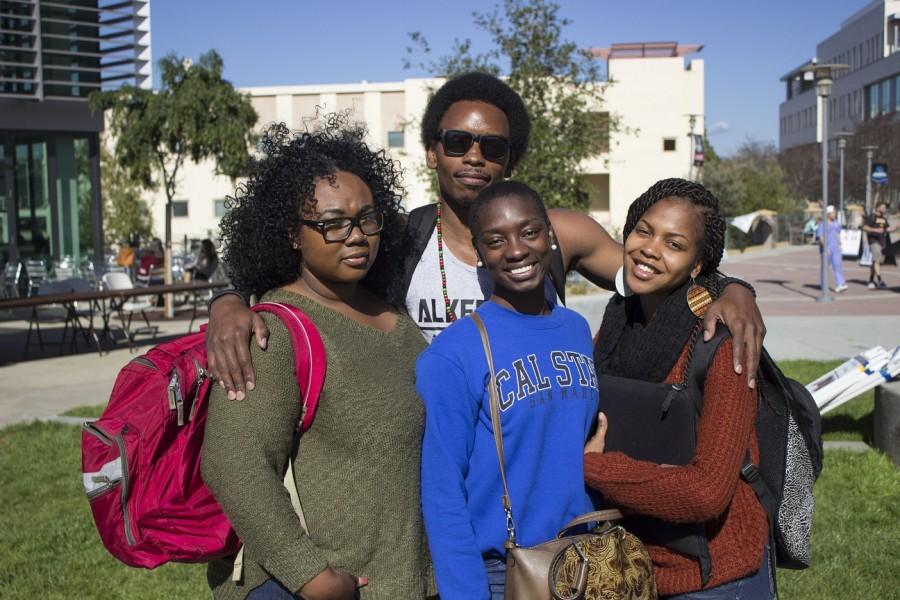Black folk can tackle mental health
March 9, 2016
“Black folk don’t go to therapy.” “Black folk don’t have eating disorders.” “Black folk don’t commit suicide.”
These topics have been covered by black media outlets such as the Black Folk Don’t and National Black Programming Consortium YouTube pages. Interviewees share stories of being raised to be “strong,” and that means not succumbing to problems associated with white people, such as mental illness.
Despite being raised by people who called themselves “progressive Californians,” I was still met with similar sentiments for much of my upbringing. It contributed serious confusion to my identity, along with other issues I was trying, and failing, to deal with on my own. I felt silenced by expectations in my own community because they did not reconcile with what I was experiencing.
By age 10, I felt like I was disappearing into a darkness that I didn’t understand, but knew I was supposed to hide. Escalating self-harm and bulimia were beginning to do permanent damage to my body and my mood swings left me completely unpredictable. After a suicide attempt and a threat to call Department of Children and Family Services, my parents grudgingly sought help for me.
The first four therapists I saw were young, well-intentioned and primarily white. They didn’t know how to relate to a family—to a culture—that at first glance didn’t seem all that compassionate to struggles in mental health, or how to advocate for a kid in so much pain. I gained a reputation for burning them out, and only getting worse.
Just before turning 12, I was turned to a black therapist who also worked with a black psychiatrist. It wasn’t necessarily that they were black women, but their understanding of a historical background that didn’t offer the privilege of formal mental health care was vital to the beginning of learning to manage life with bipolar disorder and post-traumatic stress. My case required a professional who fully grasped that it wouldn’t be easy to find an unconditional support system in my community, because what I was doing was considered “white” and, therefore, alien. It was imperative that I develop a sense of self-validation, but also judiciousness in who I should consider family.
In the decade since then, the extensive work I’ve put into my health has led to a sense of clarity and, dare I say it, hope. I’ve learned that there are people who will accept all of my identity, even the parts that seem to clash. I’ve learned to embrace them myself, even when I don’t feel at my best. Most importantly, I’ve learned that strength doesn’t mean hiding.


